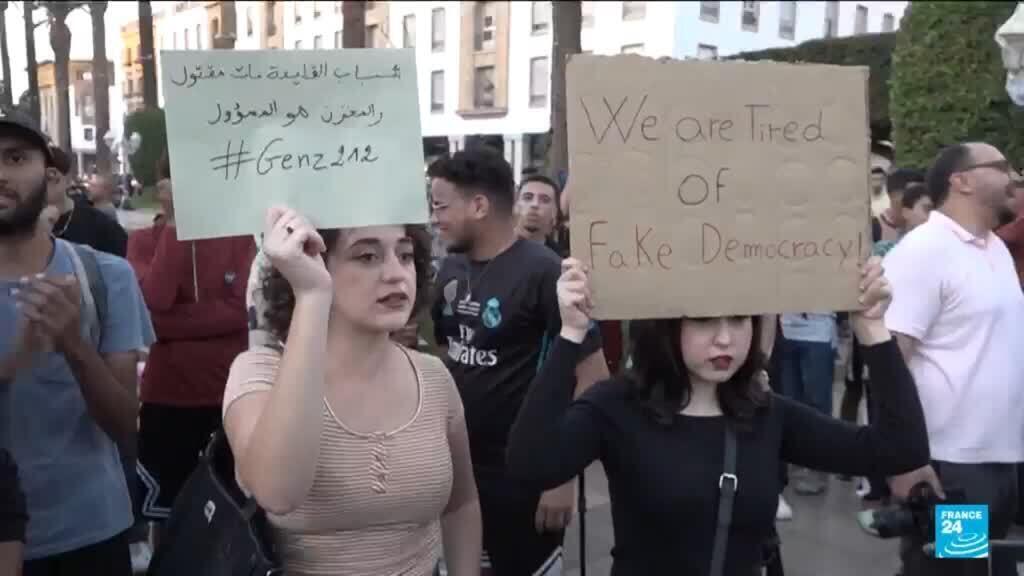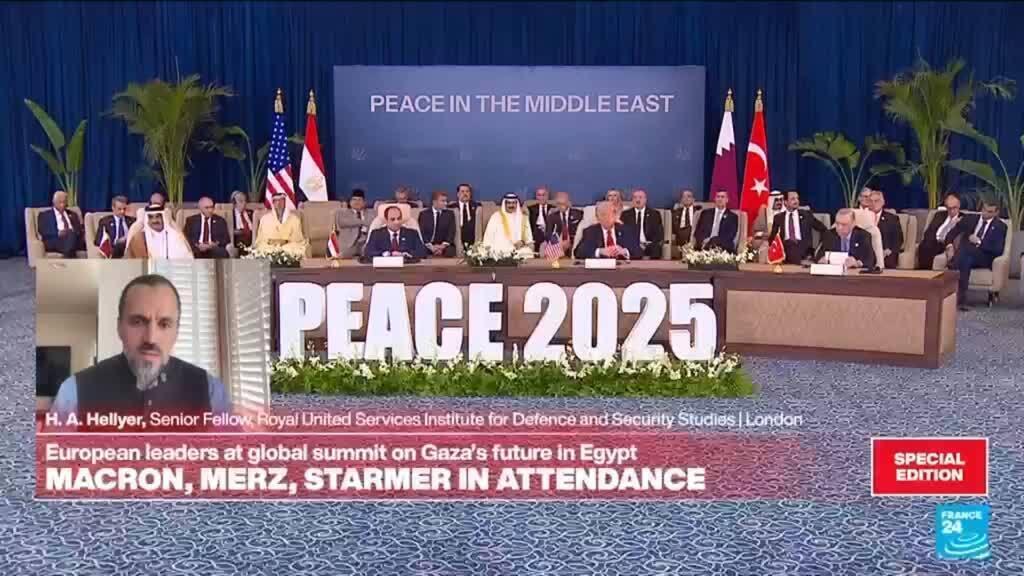On Friday, King Mohammed VI of Morocco addressed the nation, emphasizing that enhancing public education and healthcare remains a top priority for his government. This announcement comes amidst growing unrest and continuous nationwide protests led by a youth movement. The protests have been ongoing since September 27, with demonstrators taking to the streets almost every night to voice their demands for comprehensive social reforms.
King Mohammed VI's speech was highly anticipated by the protesters, who were hoping for acknowledgment of their grievances related to economic and social inequalities. However, the monarch notably refrained from mentioning the ongoing youth-led demonstrations or the specific demands being put forth by the activists. Instead, he focused on the broader goals of improving the nation’s education system and healthcare facilities, which are critical areas that many Moroccans feel are in dire need of reform.
In his address, the king discussed the importance of investing in human capital as a means to promote sustainable development in Morocco. He emphasized that educational reforms would be implemented to ensure that the youth are equipped with the necessary skills to thrive in a rapidly evolving job market. Additionally, King Mohammed VI highlighted the crucial role of the healthcare system in providing essential services to citizens, assuring that the government is working to enhance accessibility and quality in medical care.
Despite the king's reassurances regarding education and healthcare improvements, the absence of any reference to the youth movement and their protests left many feeling disillusioned. Activists had been rallying for several weeks, focusing on issues such as unemployment, corruption, and a lack of political representation. The protests are characterized by a call for accountability and a demand for greater participation in the decision-making processes that affect their lives.
The discontent among the youth population can be traced to a broader context of socio-economic challenges that have persisted for years. Many young Moroccans grapple with high unemployment rates, limited job opportunities, and inadequate access to quality education and healthcare. The frustrations of the youth have culminated in a powerful movement that seeks to address these systemic issues. However, the royal speech did not provide the acknowledgment or engagement that many protesters had hoped for.
The protesters' ongoing activities suggest a significant desire for change within Moroccan society. With citizens expressing their frustrations through demonstrations, the youth movement reflects a broader trend of civic engagement and activism among younger generations in Morocco. While the king's focus on education and healthcare improvements may align with some of the protesters' demands, many feel that it does not sufficiently address the immediate need for structural changes within the political and economic landscape.
As the protests continue, it remains to be seen how the Moroccan government will respond to the demands of the youth movement and whether King Mohammed VI will take further steps to engage with the activists. The situation in Morocco is evolving, with a potential for implications on the stability of the monarchy and the future of governance in the country. Ultimately, the challenge lies in balancing royal initiatives with the pressing needs and aspirations of the citizens, particularly the youth who are increasingly asserting their voices in the socio-political arena.












